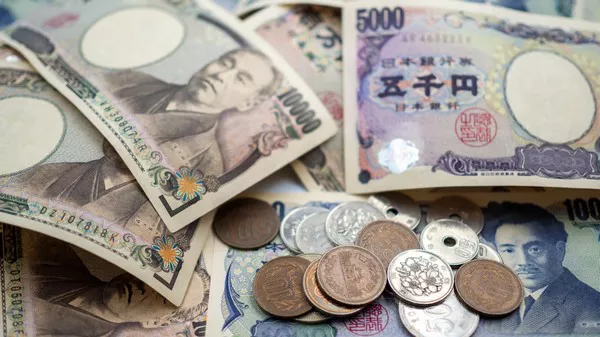On Friday, the GBP/JPY cross pattern showed a mild bearish trend for the second consecutive trading day on Friday, with GBP/JPY remaining at the lower edge of the weekly range throughout the Asian session. However, GBP/JPY is still able to hold above the 184.00 round-figure mark, requiring aggressive bearish traders to proceed with caution and prepare for any further downside.
Although the tone in the stock market is generally positive, the Japanese yen (JPY) has attracted some safe-haven inflows amid concerns about a deepening global economic downturn, acting as resistance to the GBP/JPY cross. That said, weak macro data from Japan prevented the yen from gaining significantly and helped limit the downside for GBP/JPY. Japan’s manufacturing sector continued to shrink in August, according to the latest survey by Nippon Bank of Japan. In fact, the Manufacturing Purchasing Managers Index (PMI) ended up at 49.6, compared to an initial estimate of 49.7.
Elsewhere, Japan’s finance ministry reported that business capital spending rose at an annual rate of 4.5% in the April-June period, down from a previous estimate of 11.0% and below expectations for a 5.4% increase. On top of this, the Bank of Japan (BoJ) is taking a different policy stance than the other major central bank, which could hinder traders from making aggressive bullish bets on the yen. Notably, the Bank of Japan is the only central bank in the world to maintain negative interest rates and is expected to stick to its ultra-loose policy settings.
In addition, Toyoaki Nakamura, a member of the Board of Directors of the Bank of Japan, said on Thursday that it is too early to tighten monetary policy because the recent rise in inflation is mainly due to rising import costs rather than wage growth. This follows dovish comments from Bank of Japan Governor Kazuo Ueda last week, saying Japan’s underlying inflation remains slightly below its 2% target and ensuring the central bank is likely to keep interest rates on hold until next summer. In contrast, the Bank of England is expected to continue its policy tightening cycle in response to high inflation.
Comments last week by Ben Broadbent, deputy governor of the Bank of England, reaffirmed this prediction when he said that policy rates were likely to have to be lower for some time as the knock-on effects of soaring prices were unlikely to disappear quickly. Stay in restricted areas. Separately, Bank of England chief economist Huw Pill noted on Thursday that Britain’s inflation rate remains “too high,” adding that a number of policies are in the works. This suggests that the path of least resistance for GBP/JPY crosses is to the upside and supports the prospect of some bargain hunting.


